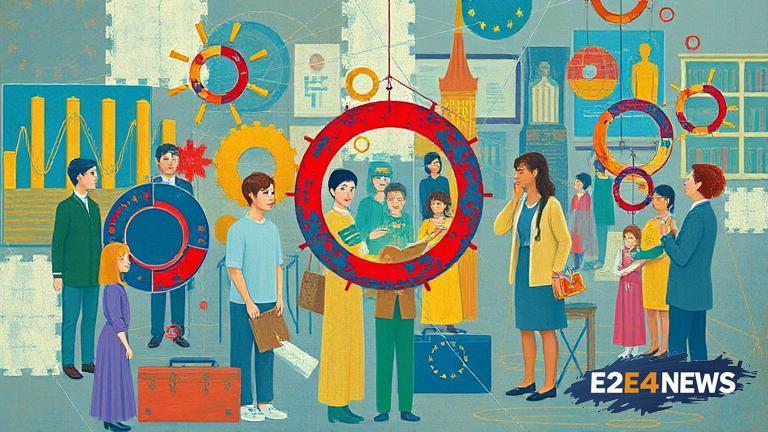The European Union’s AI Act, aimed at regulating the development and deployment of artificial intelligence, has sparked a heated debate among publishers, who are protesting the implementation of the new regulations. At the heart of the controversy is the issue of copyright protection, with publishers arguing that the AI Act fails to provide sufficient safeguards for their intellectual property. The publishers contend that the AI Act’s provisions on text and data mining, as well as its exceptions for AI-generated content, could potentially undermine their ability to control the use of their copyrighted materials. The European Publishers Council, a trade association representing the interests of European publishers, has been at the forefront of the protest, arguing that the AI Act’s implementation could have far-reaching consequences for the publishing industry. The council has expressed concerns that the new regulations could lead to the widespread exploitation of copyrighted materials, without providing adequate compensation to rights holders. The publishers are also worried that the AI Act’s emphasis on promoting innovation and competitiveness could come at the expense of copyright protection, potentially creating an uneven playing field that favors tech companies over content creators. Furthermore, the publishers argue that the AI Act’s provisions on transparency and accountability are insufficient, making it difficult to track and prevent copyright infringement. The debate has highlighted the complex and often conflicting interests of different stakeholders in the AI ecosystem, with tech companies and startups pushing for more permissive regulations, while content creators and rights holders advocate for stronger copyright protections. The European Commission, which is responsible for implementing the AI Act, has attempted to address the concerns of publishers, but its efforts have been met with skepticism. The commission has argued that the AI Act’s provisions on copyright are designed to balance the need to promote innovation with the need to protect intellectual property, but publishers remain unconvinced. The controversy has also sparked a broader debate about the impact of AI on the publishing industry, with some arguing that the technology could potentially disrupt traditional business models and create new opportunities for content creation and distribution. Others, however, are more cautious, warning that the unchecked development of AI could lead to the devaluation of copyrighted materials and the erosion of the publishing industry’s economic viability. The European Union’s attempt to regulate AI has been seen as a test case for the development of global standards and regulations, with other countries and regions watching closely to see how the EU’s approach plays out. The outcome of the debate is likely to have significant implications for the future of the publishing industry, as well as the development of AI technologies more broadly. As the EU continues to refine and implement the AI Act, it will be important to balance the competing interests of different stakeholders and ensure that the regulations promote innovation while protecting intellectual property. The publishers’ protest has highlighted the need for a more nuanced and multifaceted approach to regulating AI, one that takes into account the complex interplay between technology, economics, and culture. Ultimately, the success of the AI Act will depend on its ability to navigate these complexities and create a regulatory framework that promotes innovation, competitiveness, and creativity, while protecting the rights of content creators and rights holders. The debate is likely to continue in the coming months, with publishers, tech companies, and policymakers engaging in a complex and often contentious discussion about the future of AI and its impact on the publishing industry. As the EU’s AI Act implementation moves forward, it will be important to monitor the developments and adjust the regulations accordingly, to ensure that they promote a vibrant and sustainable publishing industry, while also driving innovation and competitiveness in the AI sector.
